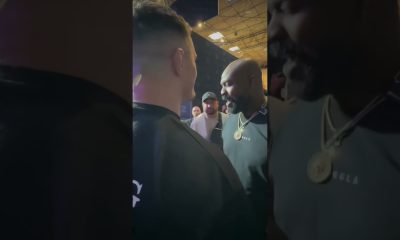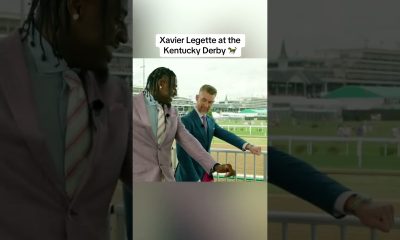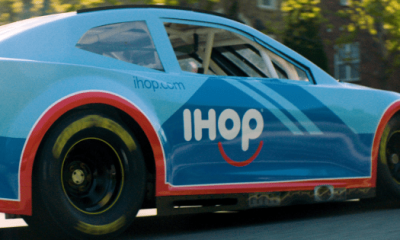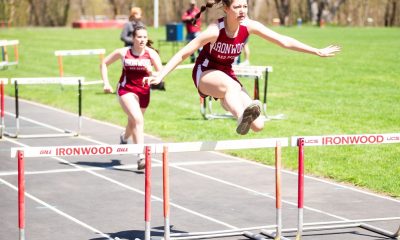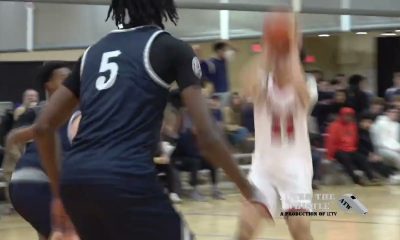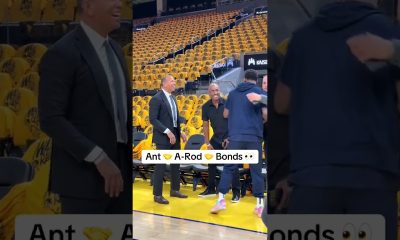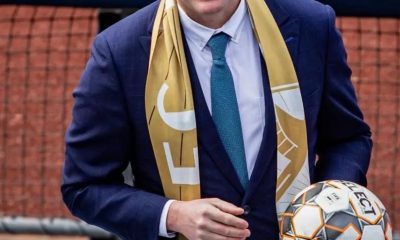The gap has become so wide in college sports the industry has now been reduced to a money grab.
Money divides us, always has, always will. From the cars we drive to the house we buy, to the clothes we wear, money separates us and judges us. Last Friday, in a U.S. District Court ruling, that gap became so wide in college sports that the industry has now been reduced to a money grab. And, my oh my, let the hostility begin.
Universities now pay their athletes. A coach now will judge who can get what and how. Until now, it was influential school alums who spent the cash under Name, Image and Licensing. A lucky few on a team would get the bread but it could be tolerated. After all the quarterback on the football team is a Heisman Trophy candidate. But now everyone is in the mix and everyone will know exactly what their coach thinks of them.
This becomes personal. A coach makes the decision, not an anonymous benefactor. A football coach who has developed a relationship with a nose tackle now has to tell him he is worth only so much if he is to be paid at all.
“This has changed the value of team, loyalty, struggle and achievement,” said Lenny Wagner, who retired last January after coaching football for 35 years.“ There were multiple reasons for my retirement but this was definitely one of them.”
Everyone is for sale. That’s the short of it.“ Follow the money” no longer just refers to the Watergate break-ins and the dethroning of a president. Money moves America along, whether it’s politics or the price of eggs. What’s interesting however is the NCAA being able to hide behind the laughable phrase“ student-athlete.”
Not anymore. Friday’s ruling has stripped away the illusion of college athletes tied to higher education. College athletes are entertainers and they must get paid. They are the employees of their university. They must be compensated. It is a fair and just ruling.
The problem? Who gets what? The Power Four schools have suggested a monetary breakdown this way: 70-75% of available funds go to football, 10-20% to men’s basketball and the remainder to other college sports.
Let the screaming begin. If those percentage breakdowns are realized, other college sports then would have to be eliminated. One needn’t be a fortune teller to know many women’s sports would need to be axed.
Oh, what to do? Now it gets interesting for there is a solution out there. Would college presidents have the courage to stand up to football?
The solution is simple. Clemson’s football coach Dabo Swinney provides it. Swinney makes $11.5 million a year. Clemson’s total athletic revenue in 2022 was $74 million. Is it absurd the school’s football coach gets 16% of that? One man? Just one man?
Of course, it’s not absurd. Swinney would say he’s worth it because his Tigers provide the bulk of that funding. Therein lies the irritation. He would be thinking about himself and not the university he represents. He would forget the purpose of any university is not to turn out NFL players but to educate and send off graduates for the betterment of society.
But according to one study 16 of the top salaried college football coaches make more than the president of their universities. If college football coaches feel they are rulers of their fiefdom why should they feel otherwise? According to Front Office Sports, the average salary of the 20 highest-paid NFL coaches is $8.98 million. The average salary of the 20 highest-paid college football coaches is $8.99 million.
I think Dabo is not volunteering for a salary reduction. So Clemson has to drop gymnastics and volleyball and baseball and softball? So what? We all love football, don’t we? Clemson is a football factory. You wouldn’t want to put any of those workers out of a job? And you wouldn’t want to annoy much less anger Dabo Swinney, the master puppeteer, by forcing him to acknowledge Clemson has classrooms and professors and kids who don’t give a damn what happens on Saturday because they need to study for their calculus final on Monday.
In the meantime, the plot thickens. On the first weekend in June, a convention was held at Westlake Village in southern California. By invitation only. Forty NFL coaches attended, including 49ers offensive line coach Chris Foerster, along with the Seattle Seahawks general manager, as well as a dozen college staffers. Oh, some selected high school coaches. At night everyone went to the Hollywood Bowl to hear Bob Dylan and Willie Nelson perform.
And one other thing. The high school guys were told what the college and NFL coaches look for in the preps. Can’t start too early you know. This preparing for The Day. What day?
The day a pimple-faced kid in the seventh grade throws a little bit like Patrick Mahomes, moves a lot like Lamar Jackson and has a strong body like Josh Allen. Sure he’s only 14 but the NFL coaches know genius when they see it. It’s stupid to pass on that kind of talent.
And pass on baseball and basketball and paddle ball and soccer and hockey and gymnastics and chess and checkers and. ..okay, okay, I got a little carried away. A little bit. Not much. Colleges and universities now are in on the action. Maybe Swinney will ask his university president to scout someone for Clemson. Just as a favor between friends, you know. Dabo might throw in a new BMW to sweeten the deal.
Who knows? There might even be another Michael Jordan out there waiting to be found. That is, of course, if Clemson still has a basketball team.
To comment write to bobpadecky@gmail.com.

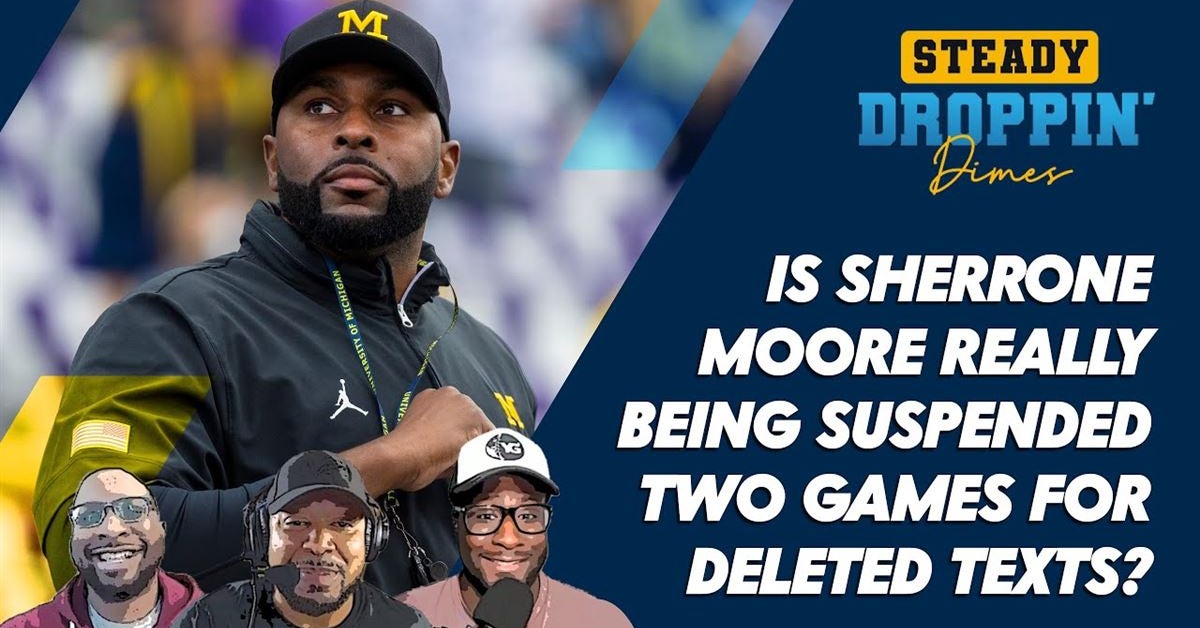

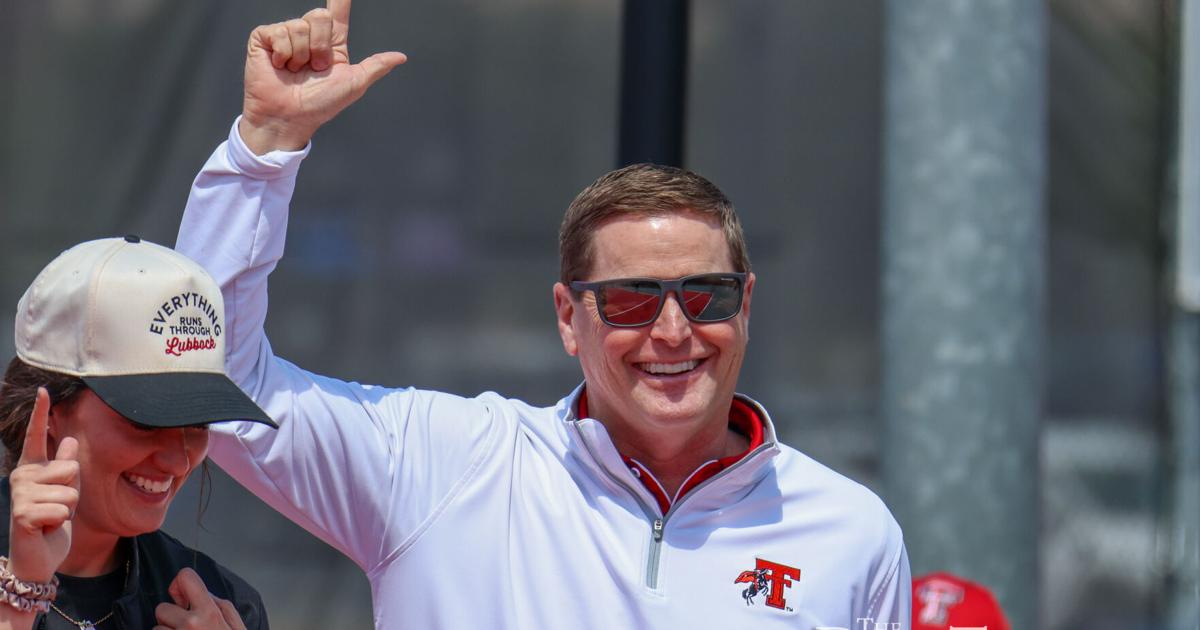
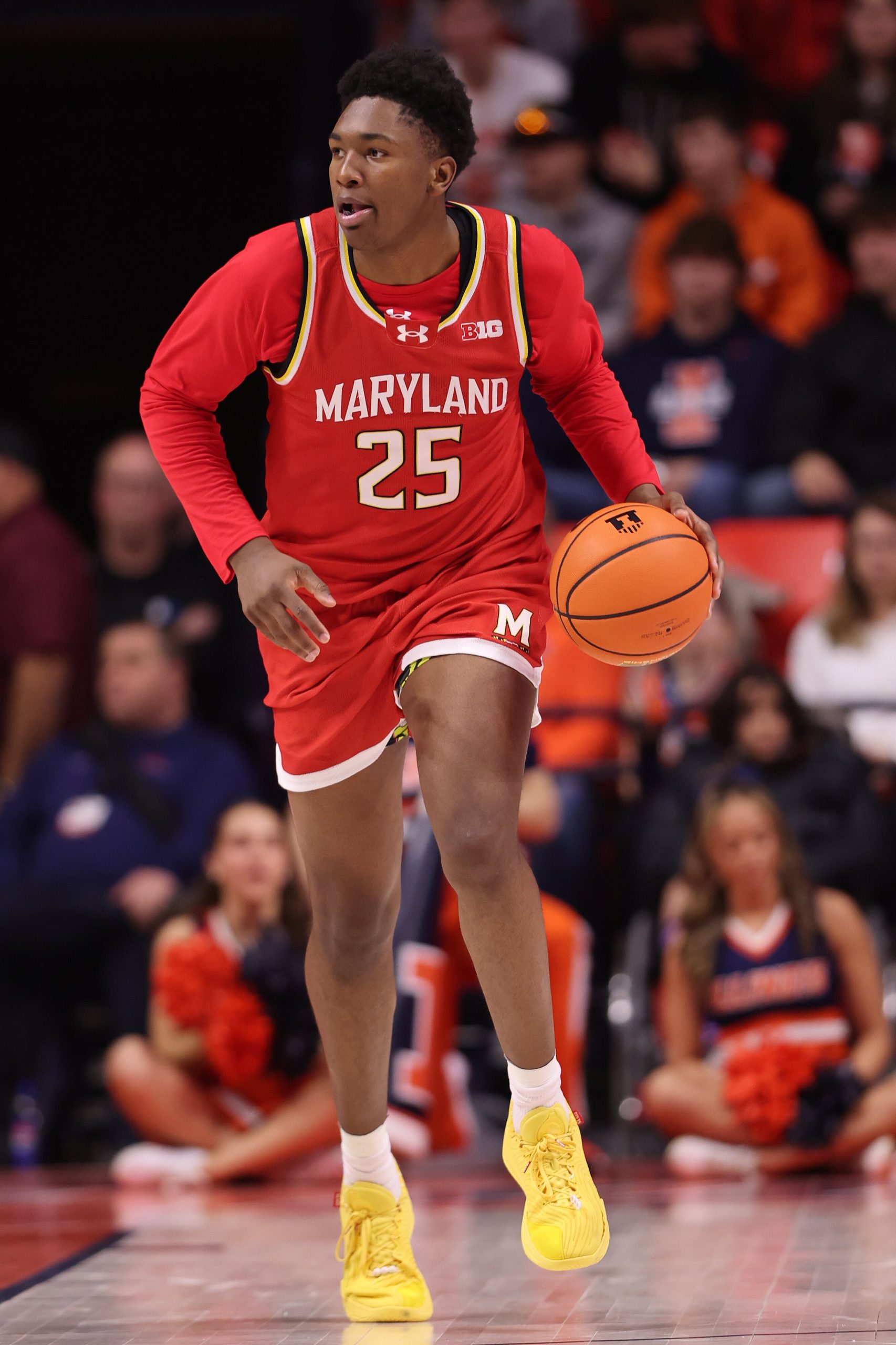
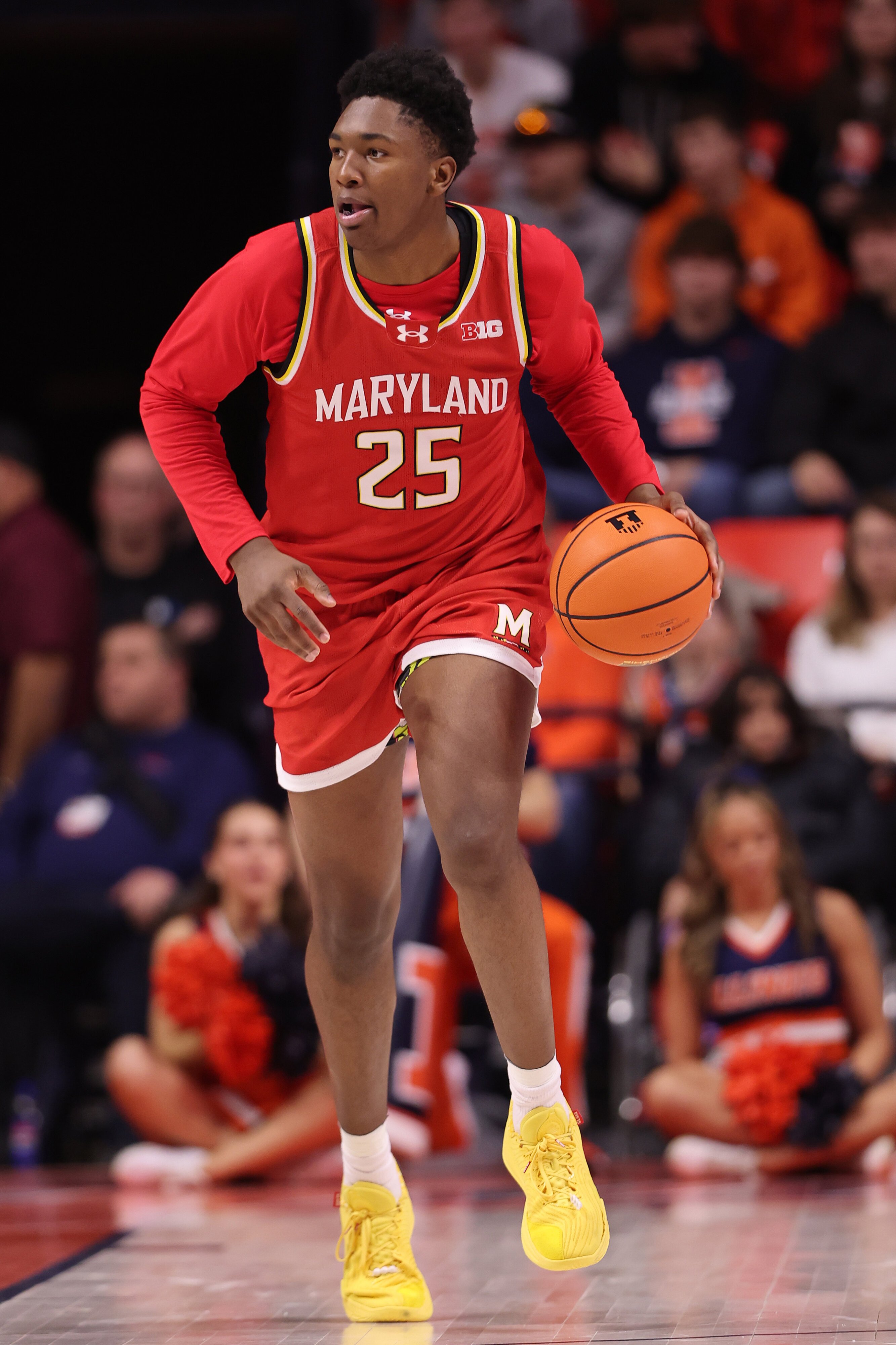
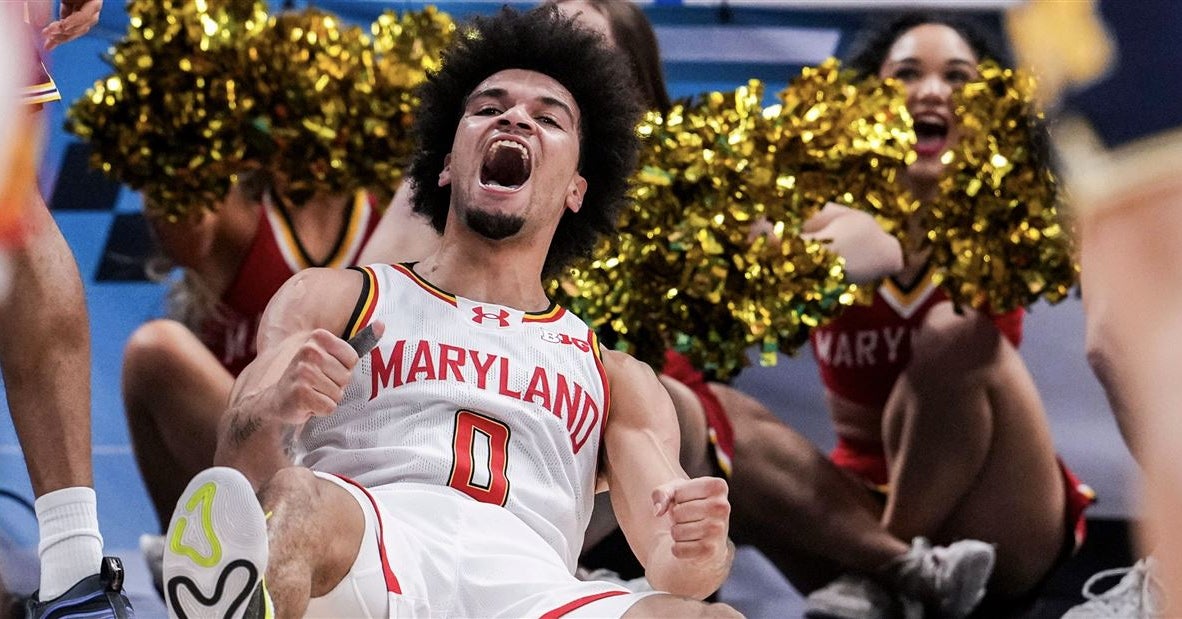
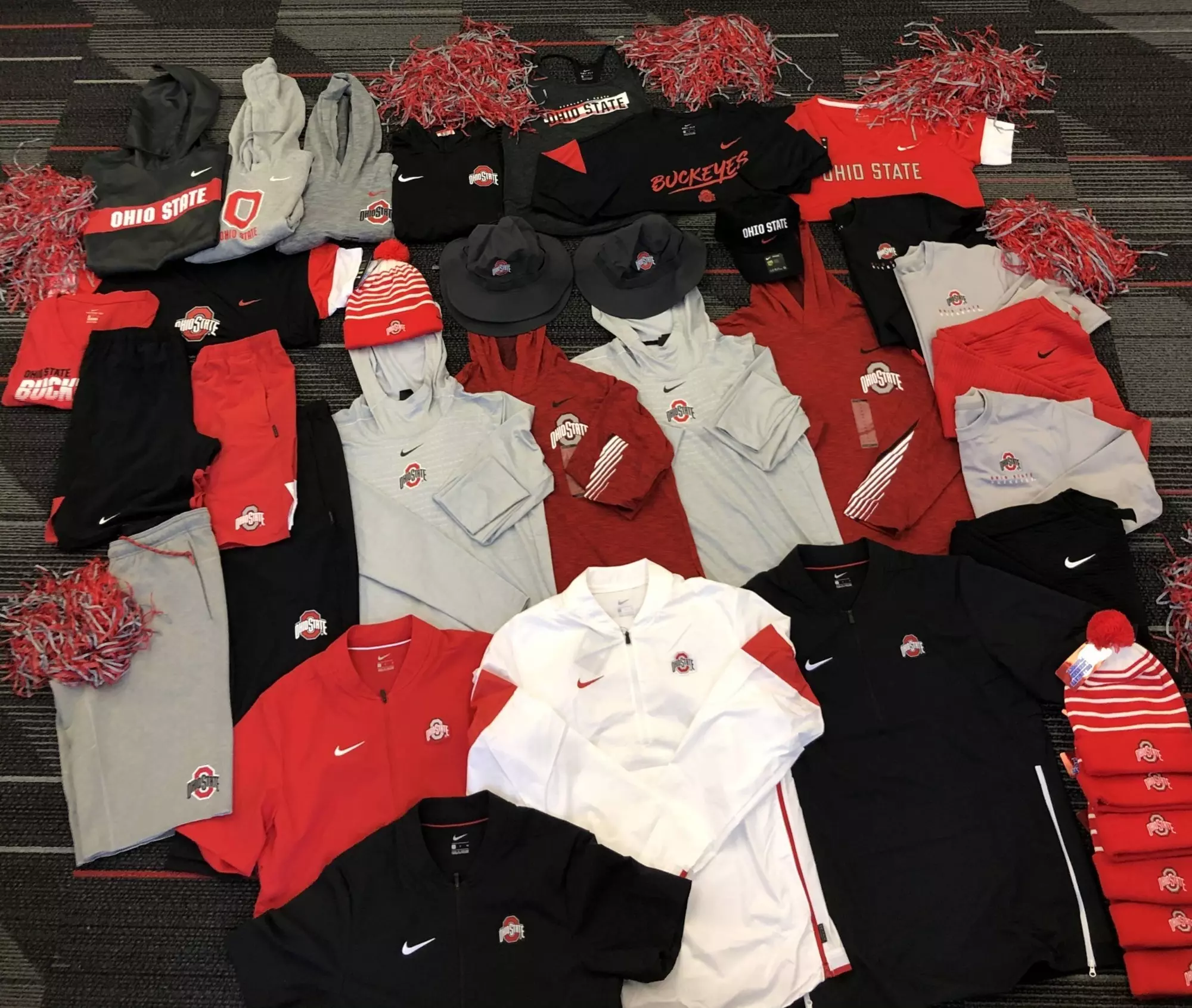

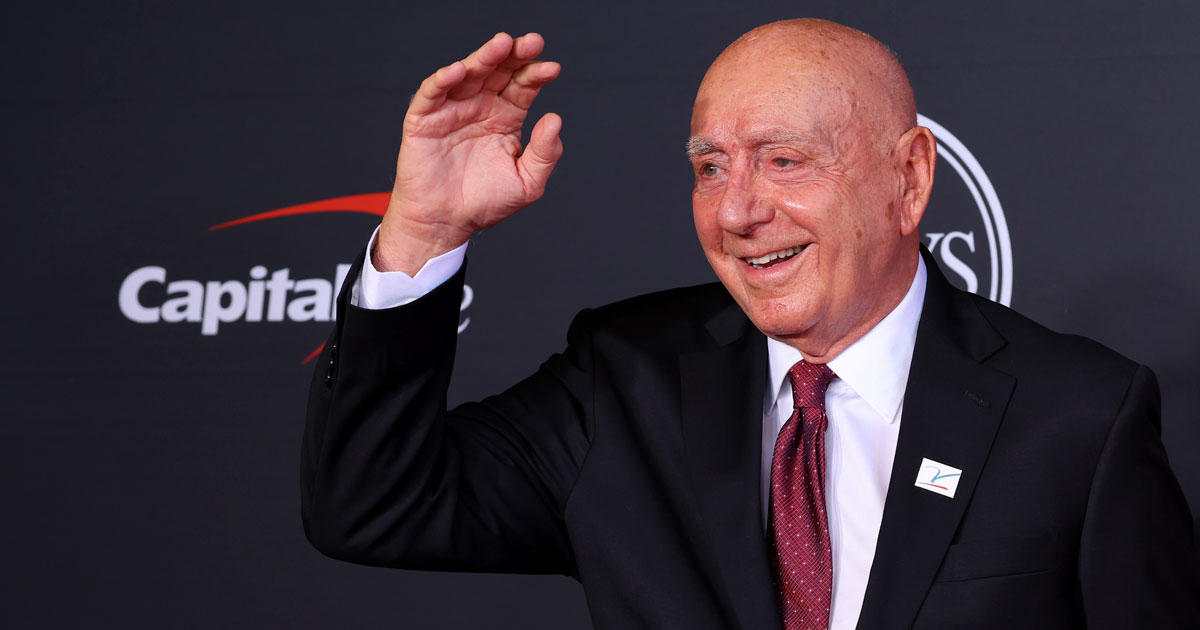
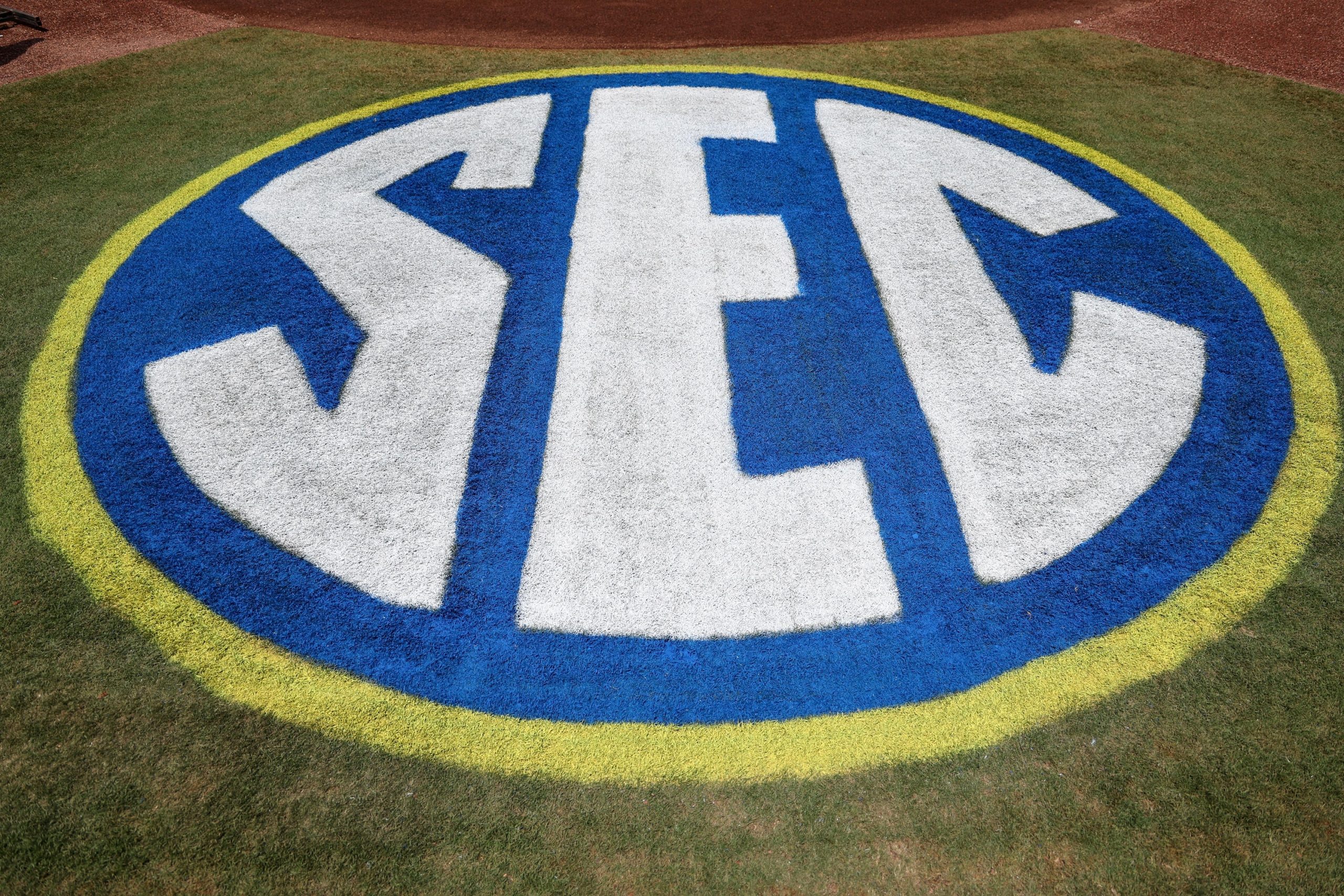






























 Can the Liberty repeat as champs? | WNBA Countdown
Can the Liberty repeat as champs? | WNBA Countdown




